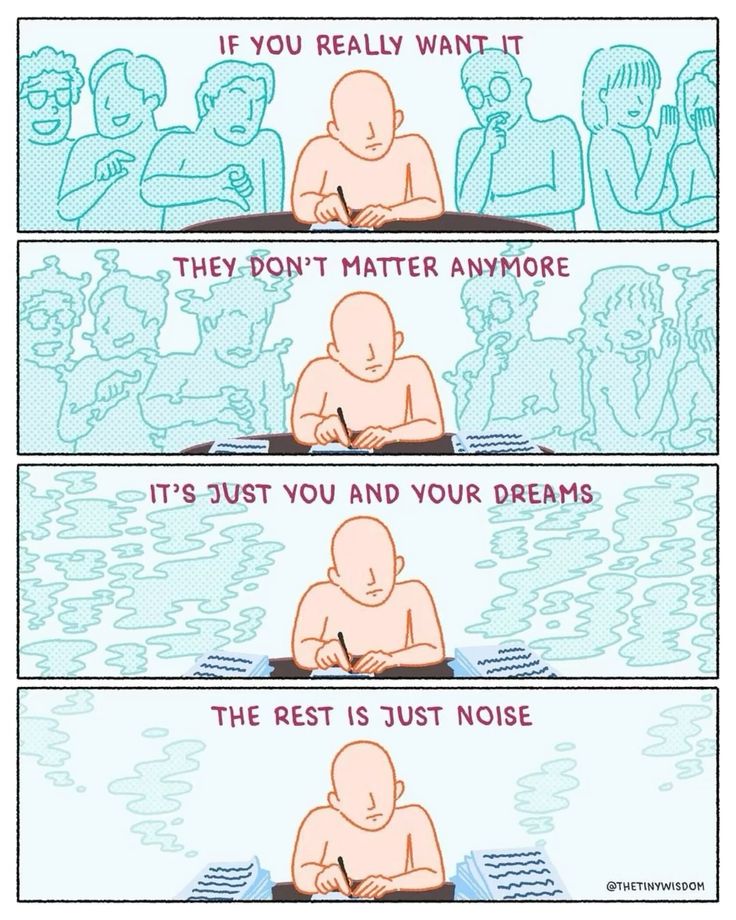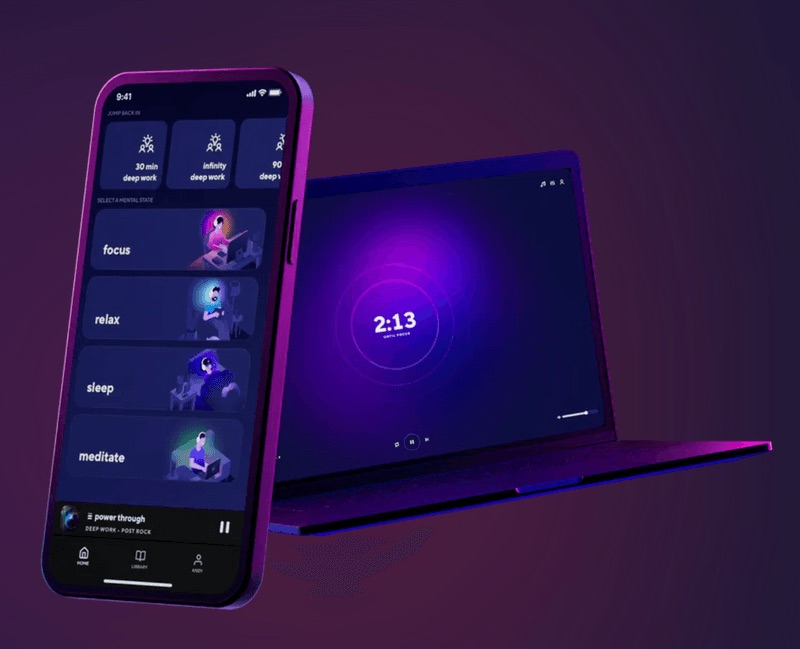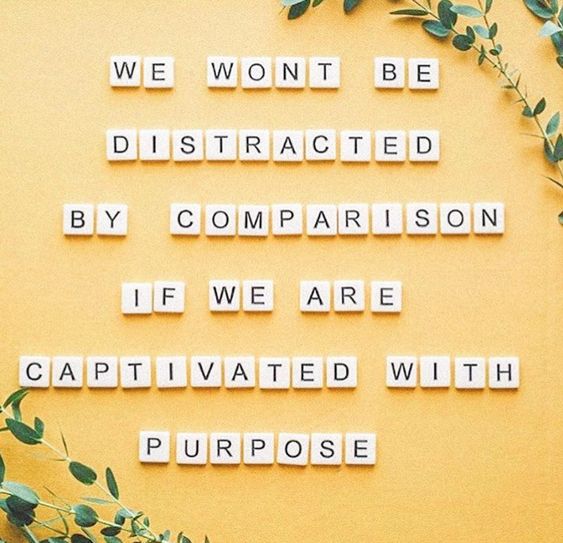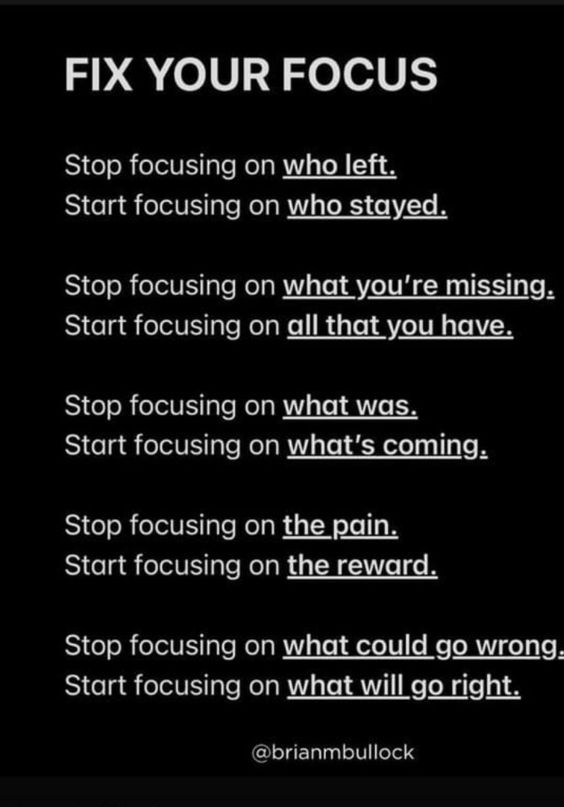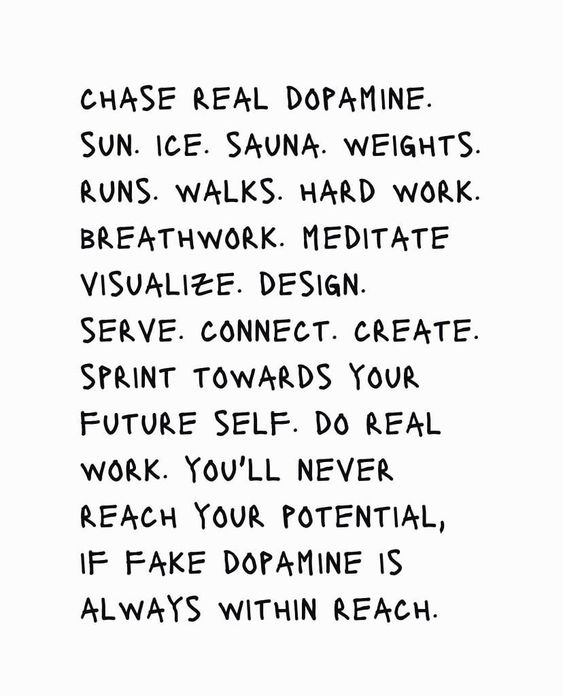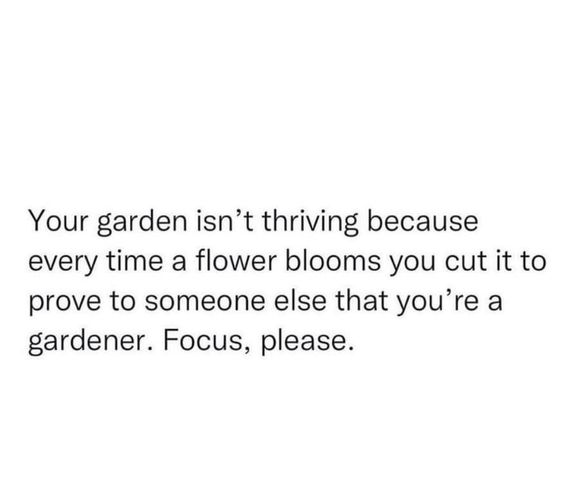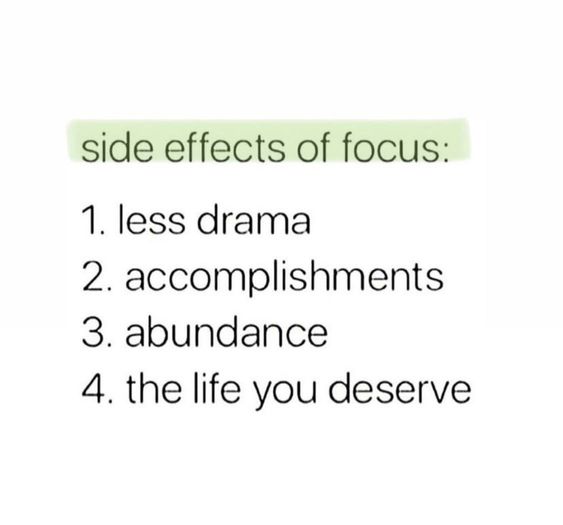“The usual story is that people with ‘good genes’ are those with incredible athleticism or remarkable intelligence, but sometimes I wonder if the greatest genetic edge goes to the people with whatever genes encourage the desire to compete, the ability to stay focused, and the enjoyment of practice.”
James Clear
“These days, I try to treat my attention like the precious resource that it is. I keep my phone on Do Not Disturb, 24/7/365. Only my wife and mother can get through. And everything else can wait. I schedule one hour of ‘thinking time’ every week. Just me, a pencil, and a notebook. No devices. I use an auto-responder on most social channels. This helps set clear expectations, and I’ve found people usually respect boundaries when you lay them out. I say no to 100% of ‘brain-pick’ requests. My mental space is non-negotiable. I’ve shared almost everything I know through social media, podcast interviews, and my digital products. My auto-responders redirect people to my content when they want advice. I protect my sleep religiously. I’m in bed by 9:30 pm most nights. And I’ve started leaving my phone in the kitchen. One of the surprising parts about all this is that my business hasn’t suffered. Because clear thinking leads to better decisions, and better decisions lead to better outcomes.”
Justin Welsh
“The muses never bless the unfocused. And even if they did, how would they notice?”
Ryan Holiday, Discipline Is Destiny (Page 124)
Brain.fm: Functional Music
Why We ♥ It: I (hey! It’s Matt…) have a hard time focusing when people are talking around me or there is lyrical music playing in the background—Brain.fm solved this for me. Designed from the bottom up to affect your brain and optimize your performance, brain.fm is a subscription service that I use more than any other (not even Netflix comes close). It’ll help you focus, relax, sleep, and meditate—and it’s all backed by science.
“If you toss a stone into water, it takes the swiftest way to the bottom. And Siddhartha is like that when he has a goal, makes a resolve. Siddhartha does nothing, he waits, he thinks, he fasts, but he passes through the things of the world like the stone through the water, never acting, never stirring. He is drawn, he lets himself drop. His goal draws him, for he lets nothing into his soul that could go against his goal.”
Hermann Hesse, Siddhartha (Page 56)
“It goes without saying, I have turned off all external sources of distraction. No phone. No e-mail. No Instagram. No Facebook. I am on an ice floe in Antarctica. I’m circling alone at seventy thousand feet. I’m on the moon. Barring a nuclear attack or a family emergency, I will not turn my attention to anything that’s not happening inside my own demented brain.”
Steven Pressfield, Put Your Ass Where Your Heart Wants To Be (Page 76)
“The thing she had once loved about swimming was the disappearing. In the water, her focus had been so pure that she thought of nothing else. Any school or home worries vanished. The art of swimming—she supposed like any art—was about purity. The more focused you were on the activity, the less focused you were on everything else. You kind of stopped being you and become the thing you were doing.”
Matt Haig, The Midnight Library (Page 72)
“The faster and busier things get, the more we need to build thinking time into our schedule. And the noisier things get, the more we need to build quiet reflection spaces in which we can truly focus.”
Greg McKeown, Essentialism (Page 68)
“There is a false association with the word focus. As with choice, people tend to think of focus as a thing. Yes, focus is something we have. but focus is also something we do.”
Greg McKeown, Essentialism (Page 65)
“Essentialists see trade-offs as an inherent part of life, not as an inherently negative part of life. Instead of asking, ‘What do I have to give up?’ they ask, ‘What do I want to go big on?’ The cumulative impact of this small change in thinking can be profound.”
Greg McKeown, Essentialism (Page 56)
“We can’t have it all or do it all. If we could, there would be no reason to evaluate or eliminate options. Once we accept the reality of trade-offs we stop asking, ‘How can I make it all work?’ and start asking the more honest question ‘Which problem do I want to solve?'”
Greg McKeown, Essentialism (Page 20)
“While much has been said and written about how hyperconnected we now are and how distracting this information overload can be, the larger issue is how our connectedness has increased the strength of social pressure. Today, technology has lowered the barrier for others to share their opinion about what we should be focusing on. It is not just information overload; it is opinion overload.”
Greg McKeown, Essentialism (Page 15)

